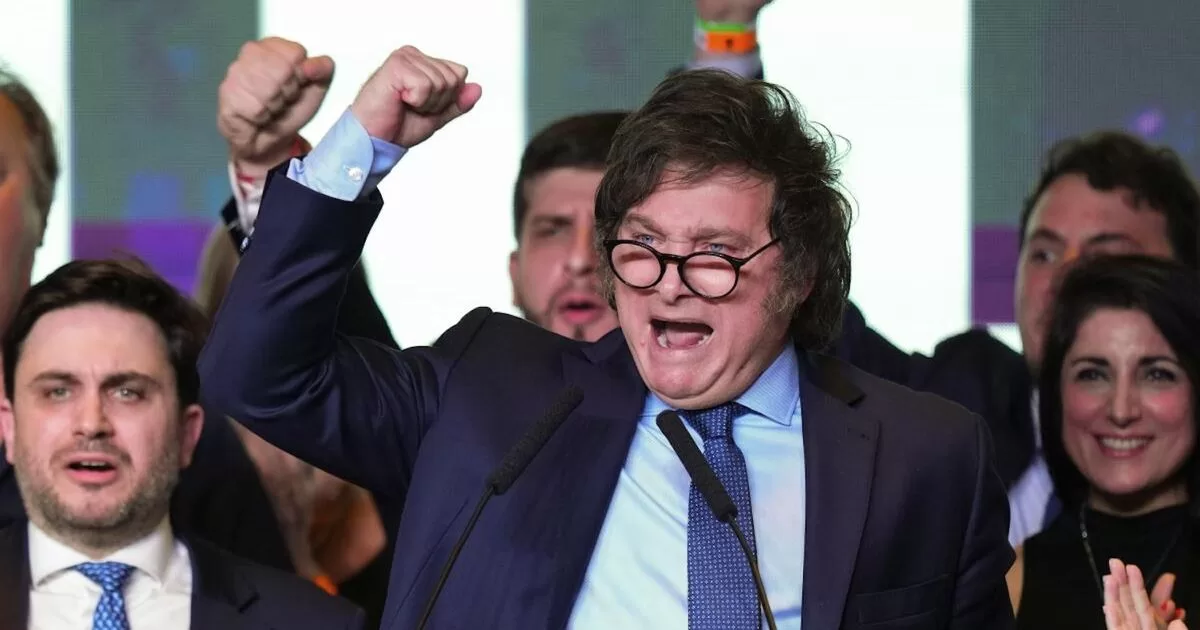BUENOS AIRES.- The president of Argentina, Javier Miley, is facing his first major challenge since taking power a month and a half ago. The General Confederation of Labor (CGT), the largest trade union center in the country, called a general strike for Wednesday to express its rejection of the economic reforms implemented by the president.
The CGT, with a Peronist orientation, especially criticizes the changes in the labor regime promoted by Milei, which limit the right to strike and affect union financing. Facundo Moyano, co-secretary general of the CGT, stated that no union will give up what has been achieved so far. In addition, he opposes the “Omnibus Law” of spending reduction and economic deregulation, currently under discussion in Congress.
The call gained support from other organizations, such as the Confederation of Argentine Workers (CTA), the second union center, as well as Mothers and Grandmothers of Plaza de Mayo. International citizen and union organizations are also mobilizing in support of the protesters in cities such as Montevideo, Madrid, London, Berlin and Paris.
This strike, lasting 12 hours starting at noon, marks the first national challenge against the Milei government’s adjustment measures, designed to contain annual inflation of 211%, the highest in 30 years. Recent data reveal a contraction in consumption by 13.7% and a 26.9% drop in the production of small industries in year-on-year terms.
Milei announces discounts
The government, for its part, announced that it will discount the day for state workers who join the strike, arguing that it is reasonable that those who do not work do not get paid. In addition, a free and anonymous telephone line was established for complaints of union pressure. The government defends this measure as a mechanism to avoid extortion and threats to those who wish to work during the strike.
The strike also tests the government’s “anti-picket protocol,” which prohibits street closures and requires protesters to limit themselves to sidewalks and squares. The Minister of Security, Patricia Bullrich, reiterated the validity of this protocol and faced criticism from the union, which considers it restrictive.
The controversial Decree of Necessity and Urgency (DNU) of 366 articles implemented by Milei introduces significant changes in labor legislation, such as the requirement of minimum coverage of 75% in essential services and the possibility of dismissing strikers for cause. The CGT questions the constitutionality of this decree, achieving a provisional suspension that the government appealed and which is currently in the hands of the Supreme Court.
For Milei, these reforms represent the return of freedoms to citizens, the creation of a system to make markets more competitive and the elimination of irregular practices. Her position is clear: “And here’s why they’re so angry.”
Source: With information from AFP

